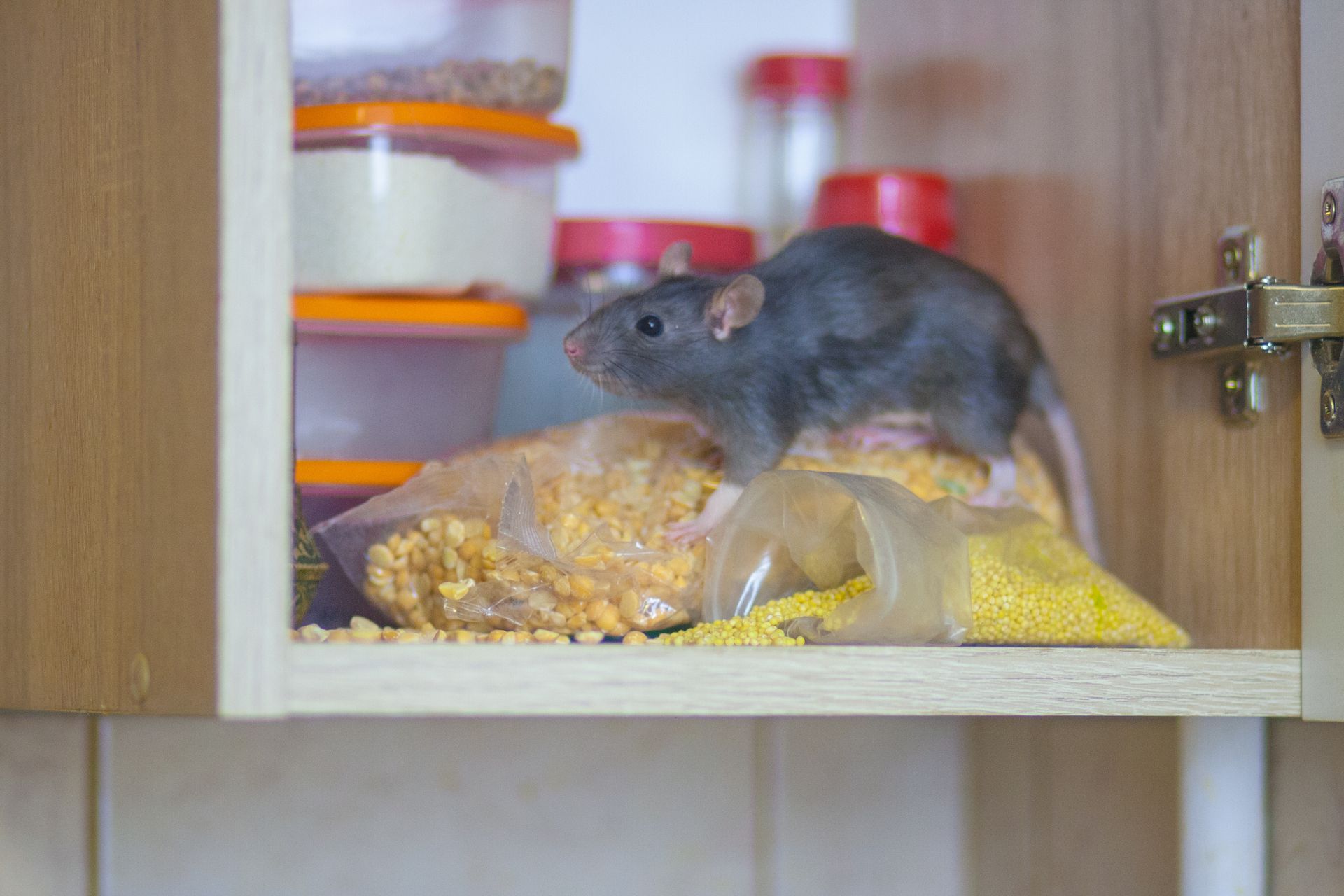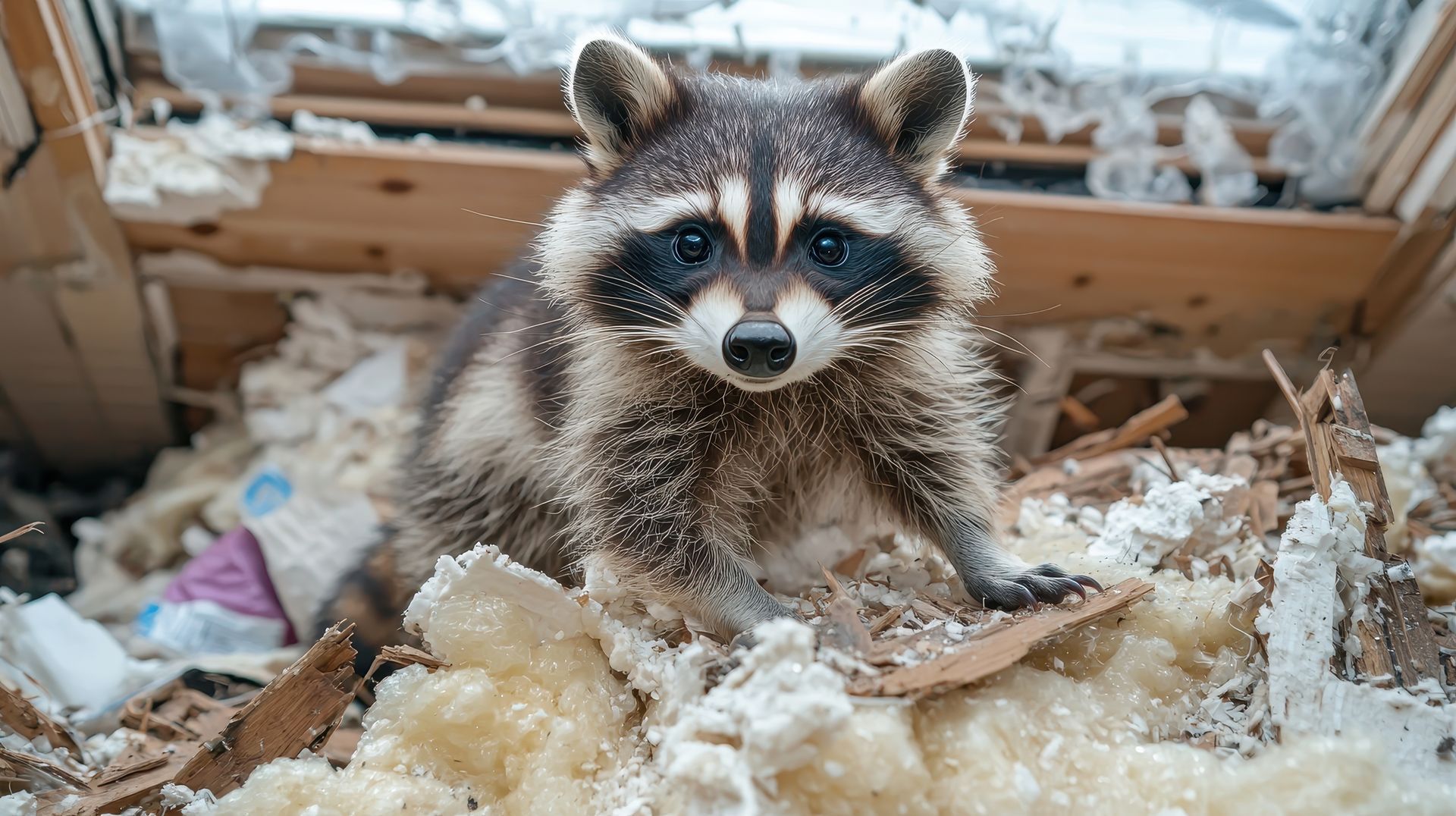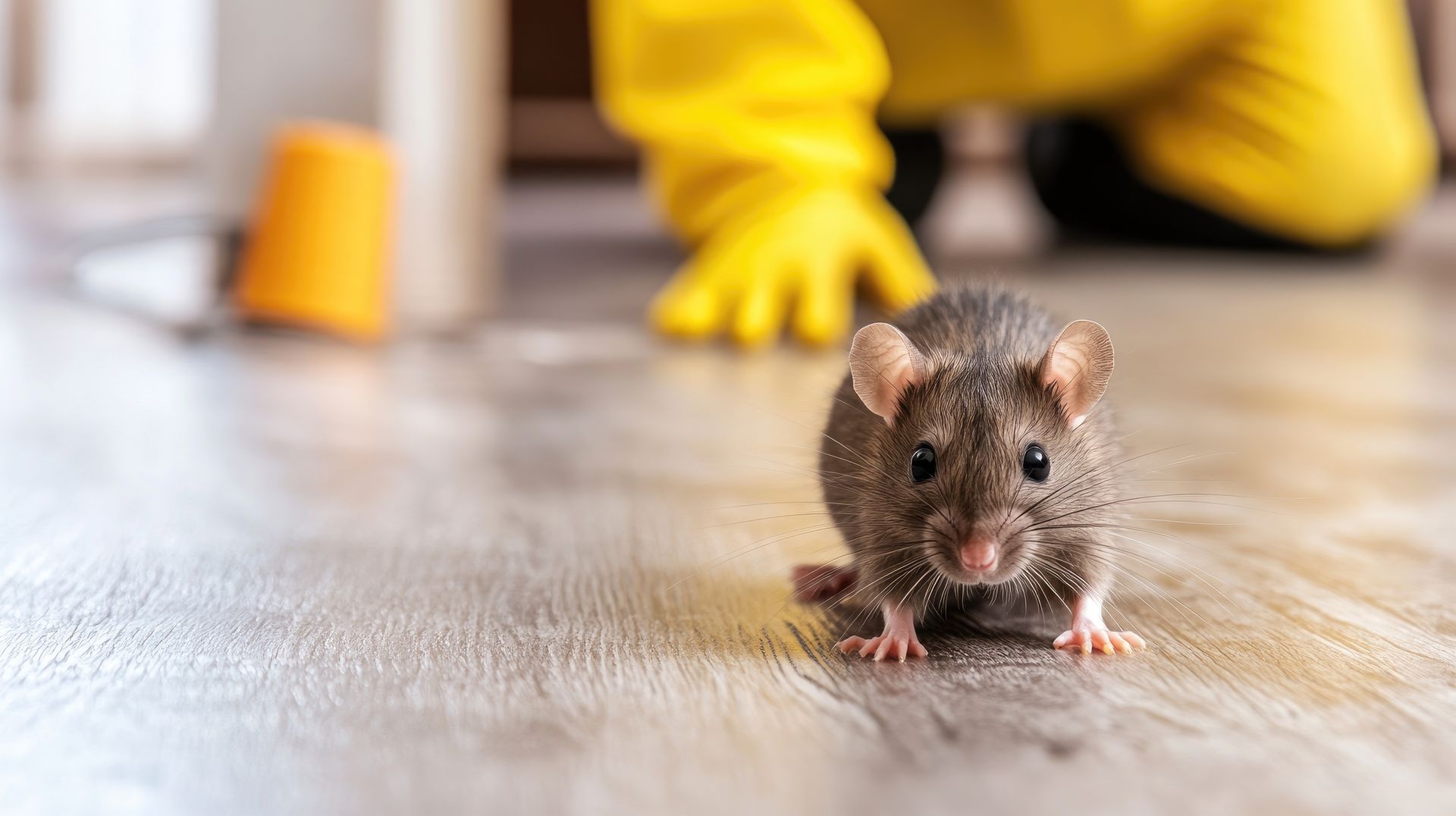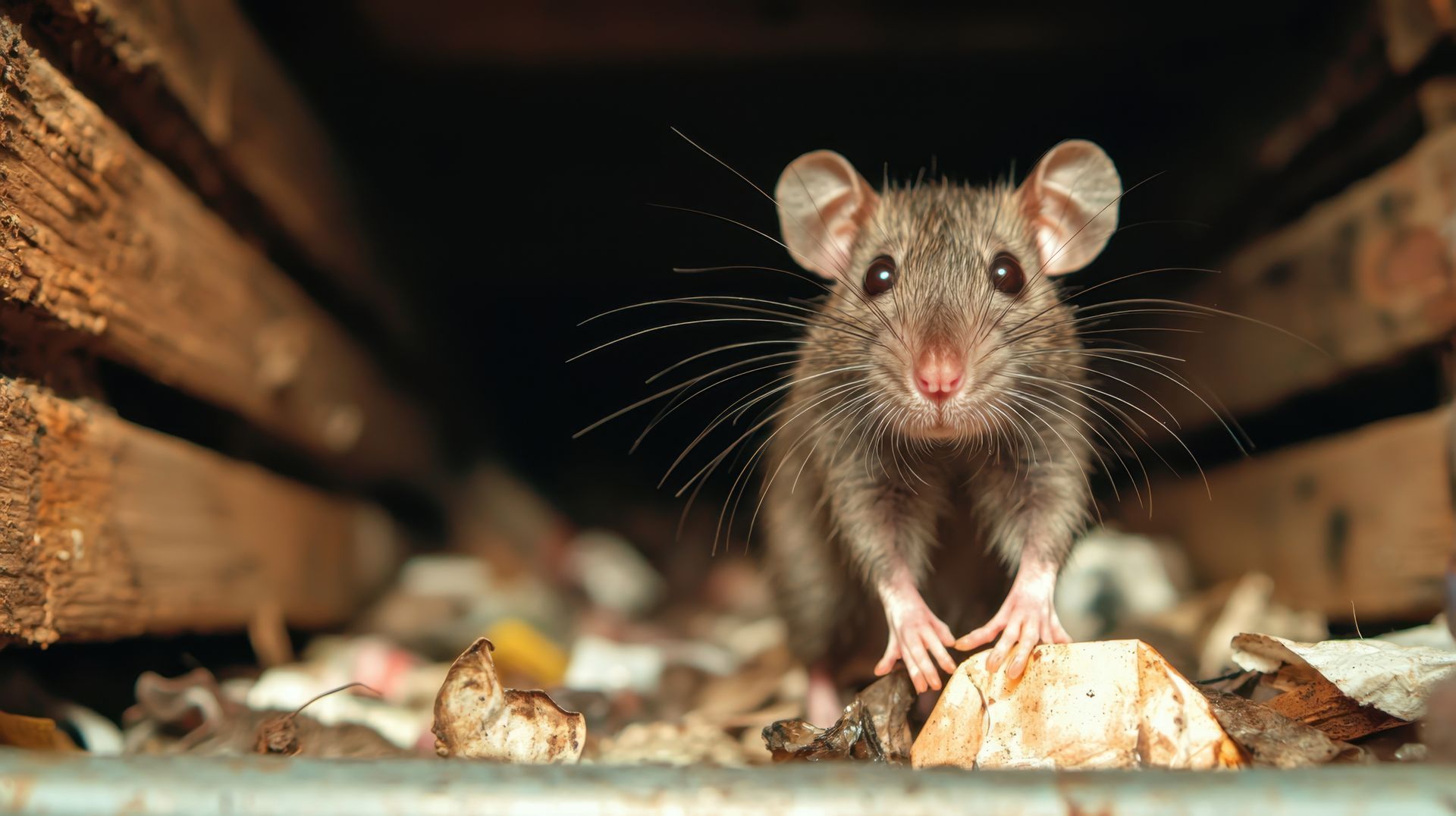Pest-Proofing Your Pantry: Keeping Insects Out of Your Food

A pantry full of neatly stocked groceries should be a source of comfort, not a breeding ground for pests. Unfortunately, pantry pests are a common and frustrating problem for homeowners. Uninvited insects can infest dry goods like flour, rice, and cereal, ruining food and causing headaches. These pests can quickly multiply, creating a widespread infestation that contaminates food and leads to costly waste. Thankfully, with proactive pest control Trophy Club TX strategies, you can keep your pantry—and your food—safe from infestation.
Identifying Common Pantry Pests
Before diving into prevention, it’s essential to recognize the common culprits that invade food storage areas. Understanding their behaviors and preferred food sources can help in detecting and addressing infestations quickly. Here are the most frequent offenders:
Indian Meal Moths
One of the most notorious pantry pests, the Indian meal moth is a small, reddish-brown moth that lays eggs in dry food products such as grains, nuts, and dried fruit. The larvae, often mistaken for small worms, spin silk webbing as they feed, contaminating large portions of food. Adult moths do not feed but are often seen fluttering around the kitchen, signaling an infestation.
Weevils
Weevils are small, brownish beetles that commonly infest rice, flour, and pasta. Unlike moths, weevils can burrow inside grains, making them harder to detect. These pests lay eggs inside food kernels, which hatch into larvae that feed on the product. An infestation may not be apparent until the grains are poured out and small beetles emerge.
Ants
Ants are a persistent problem in many households. They are highly attracted to sugary substances, cereal, and open food packages. Once ants find a reliable food source, they leave pheromone trails that guide more ants to the pantry. Even the smallest food crumbs can attract an ant colony, leading to an ongoing infestation.
Cockroaches
One of the most dreaded pantry pests, cockroaches contaminate food with bacteria and pose serious health risks. They thrive in dark, humid environments and feed on everything from crumbs to packaging material. If cockroaches are found in the pantry, immediate action is necessary to prevent their rapid spread.
If you notice larvae, webbing, small beetles, or any crawling insects in food containers, it’s a sign that your pantry has been compromised. Early detection is key to stopping an infestation before it spreads.
Organizing and Storing Food to Prevent Pests
A well-organized pantry isn’t just aesthetically pleasing—it’s also a critical step in pest prevention. Many infestations begin when pests find easy access to food sources. Here’s how to safeguard your food:
Use Airtight Containers
One of the most effective ways to prevent pantry pests is to store all dry goods in airtight containers. Glass, metal, or high-quality plastic containers with tight-sealing lids prevent insects from getting inside. Flour, sugar, rice, pasta, cereals, nuts, and pet food should be transferred into these containers rather than being stored in their original packaging, which is often easy for pests to penetrate.
Label Everything
Clear labeling helps keep track of food freshness and ensures a well-maintained pantry. When transferring food into containers, label them with the purchase date to help monitor shelf life. This is especially useful for bulk items that may be stored for long periods.
Practice FIFO (First In, First Out)
The FIFO method ensures that older products are used before newer ones. This prevents forgotten, expired food from sitting too long and becoming a breeding ground for pests. Place older items at the front of shelves and newer items toward the back.
Inspect Bulk Items Before Storage
Buying in bulk can be cost-effective, but it also increases the risk of bringing pests into the home. Always inspect grains, nuts, and flour for signs of infestation before placing them in your pantry. Some people even freeze newly purchased flour and grains for a few days to kill any potential insect eggs.
Keep Snacks Sealed
Open snack packages should be clipped shut or transferred to airtight containers. Leaving packages loosely closed or in their original flimsy packaging invites pests to access food easily.
Store Pet Food Properly
Pet food is a common attractant for pantry pests, yet it’s often overlooked. Store pet food in sealed plastic or metal containers with secure lids. Avoid leaving food out overnight, as it can attract ants, cockroaches, and rodents.
By implementing these simple habits, you can make your pantry less inviting to unwanted invaders.
Inspecting and Cleaning Your Pantry
Routine pantry maintenance is crucial in keeping pests at bay. Follow this step-by-step guide to ensure your pantry remains pest-free:
Step 1: Empty the Shelves
To properly inspect and clean, remove all food items from shelves and place them on a clean surface. This makes it easier to detect signs of infestation.
Step 2: Look for Infestation Signs
Examine food packaging for holes, larvae, beetles, or webbing. Any signs of contamination mean the food should be discarded immediately.
Step 3: Vacuum and Wipe Down Shelves
Use a vacuum to remove crumbs, dust, and any small pests that may be hiding in corners. After vacuuming, wipe shelves with a mixture of white vinegar and water or a mild soap solution. Vinegar acts as a natural deterrent for many pests.
Step 4: Dispose of Infested Items Properly
Discard contaminated food in a sealed plastic bag and dispose of it outside immediately to prevent pests from spreading.
Step 5: Check Cracks and Crevices
Pantry pests often hide in corners, behind shelving, or in tiny cracks. Seal any gaps with caulk to prevent them from taking up residence in your pantry.
Step 6: Use Natural Repellents
Bay leaves, cloves, and peppermint oil can help deter pantry pests. Place bay leaves inside flour and rice containers, and wipe down shelves with diluted peppermint oil.
Regular deep cleaning, at least once every few months, will reduce the chances of a full-blown infestation.
Preventing Future Pantry Pest Problems
Once your pantry is pest-free, ongoing maintenance is key. Prevention requires consistency and diligence. Here are some essential habits:
- Inspect groceries before storing them – Check for holes or damage in packaging before bringing food inside.
- Keep the pantry dry – Moisture attracts pests, so use dehumidifiers if needed.
- Take out the trash regularly – Dispose of food waste promptly to avoid attracting insects.
- Seal entry points – Check for gaps around doors and windows where pests could enter.
- Maintain a cleaning schedule – A quick wipe-down and sweep every few weeks can make a big difference.
Learn more about Effective Pest Control Solutions for Trophy Club, TX Homeowner here.
Conclusion: Keep Your Pantry Pest-Free with Expert Help
Preventing pantry pests requires diligence, but with the right habits, you can protect your food and home. Regular cleaning, proper food storage, and early detection are your best defenses against infestations. If you’re dealing with a stubborn pest problem, don’t wait until it worsens—contact Rodent Retreat, the trusted experts in pest control Trophy Club TX, for professional assistance.
Ready to secure your pantry from unwanted invaders?
Call Rodent Retreat today and take control of your kitchen!





